We invite you to shop directly with the t-shirt manufacturer through our Promostars wholesale platform. You’ll find 23 models available in up to 23 colors.
As a manufacturer, we maintain large warehouse stocks available almost immediately. We offer both wholesale and retail options for t-shirts.
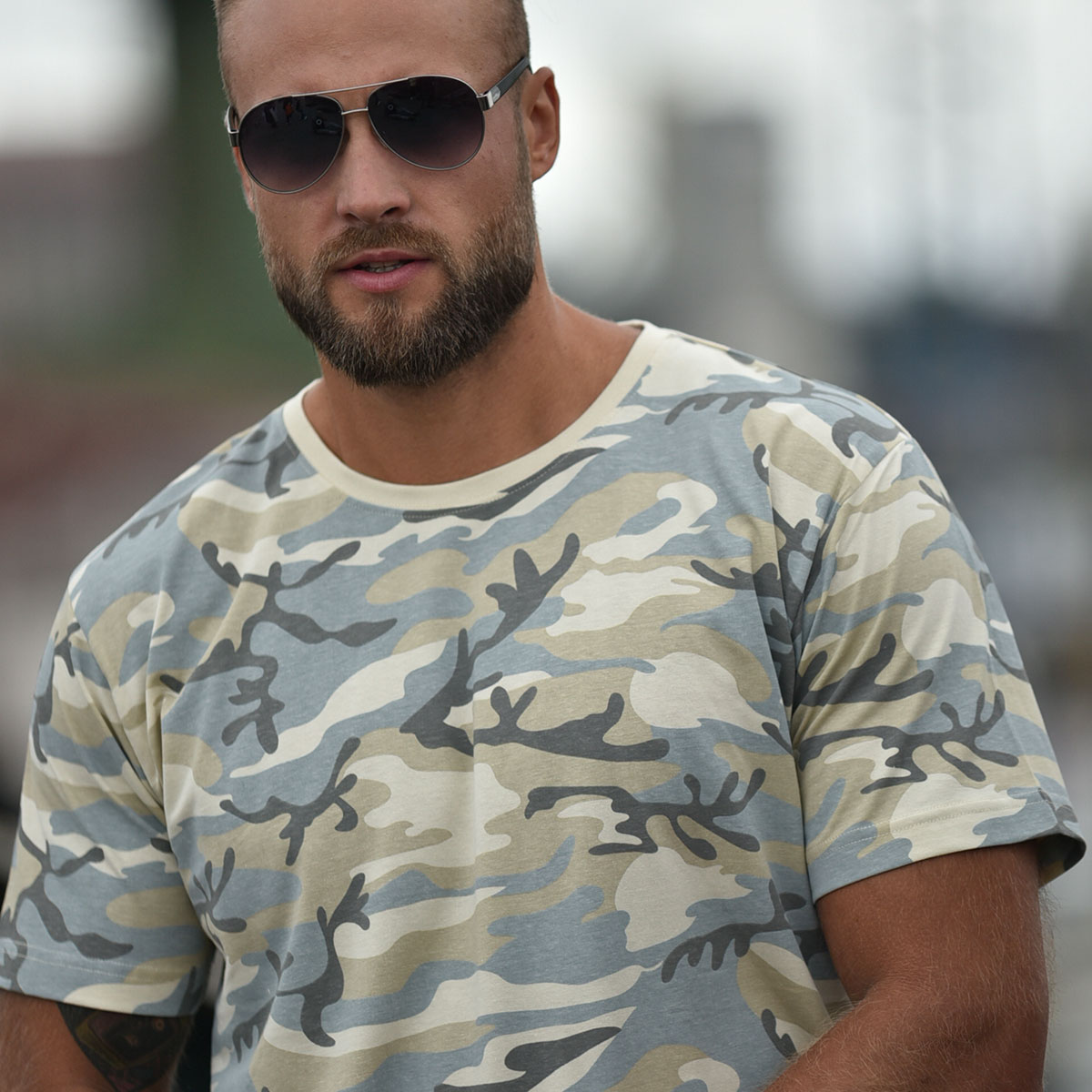
The t-shirt market is one of the fastest-growing segments in the apparel industry. T-shirts, as a part of everyday clothing, are not only practical but also serve as a means of expressing individuality, style, and beliefs. In this article, we explore the importance of the t-shirt market in social, economic, and cultural contexts.
T-shirts are an extremely versatile clothing item. They come in various cuts, colors, and materials, making them suitable for a wide range of occasions. Popular among children and adults alike, their simplicity makes them a perfect choice — from everyday wear to more formal situations when paired with the right accessories.
T-shirt production is also a space for creativity. Designers and manufacturers can create unique patterns and graphics that reflect emotions, beliefs, or lifestyles. Printed t-shirts have become a medium of social communication, often used to promote events, social campaigns, or express personal convictions.
The t-shirt market is not just about fashion — it is a vital part of the global economy. In recent years, there has been growing interest in ethically produced apparel. Manufacturers are increasingly focusing on sustainability, choosing eco-friendly materials like organic cotton and adapting production processes accordingly. The rise in consumer ecological awareness is shaping the industry and pushing producers to evolve.
T-shirts play a key role in popular culture and subcultures. Band logos, movie icons, or pop culture references on t-shirts are worn as a form of identity and group affiliation. Subcultures such as punk, hip-hop, or skateboarding have distinct styles, often centered around graphic tees. T-shirts have become a symbol of belonging.
The future of the t-shirt market looks promising. Advances in personalization and 3D printing technologies allow customers to take part in the creative process like never before. Moreover, the expansion of e-commerce enables producers to reach wider audiences, contributing to continued market growth.
The t-shirt market plays an important role in our lives, combining function, creativity, and personal expression. As a key part of the clothing industry, t-shirts influence culture and society. With rising popularity and evolving production trends, they are set to remain a staple of our wardrobes for years to come.
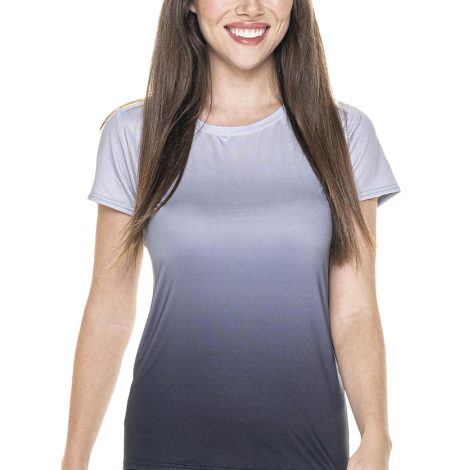
Index: 21803Sizes: XS,S,M,L,XL,XL+Weight:180g/m2front, 140g/m2tyłMaterial:95% poliester, 5% elastanDescription:sports t-shirt with a double construction; front made of ...
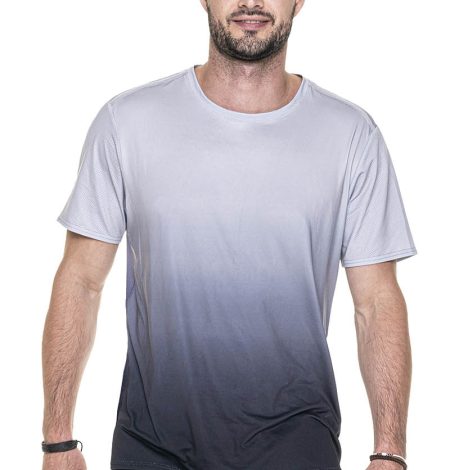
Index: 21800Sizes: S,M,L,XL,XXLWeight: 180g/m2front, 140g/m2tyłMaterial: 95% poliester, 5% elastanDescription: sports t-shirt with a double construction; ...
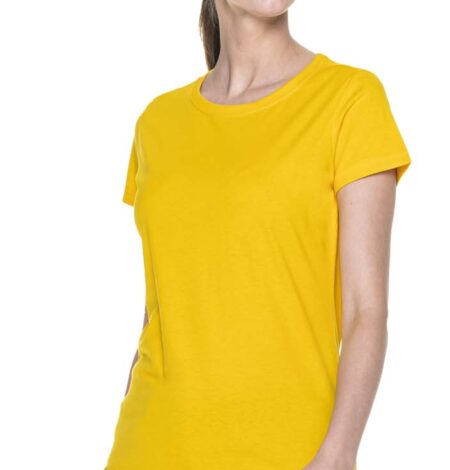
Index: 22160Sizes: xs, s, m, l, xl, xl+Weight: 170 g/m²Fabric: 100% semicombed cotton ring-spun; colour ...
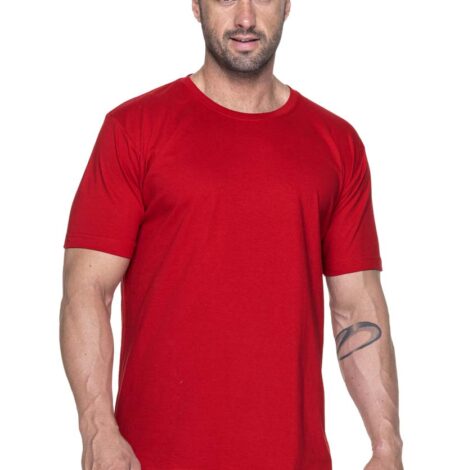
Index: 21172Sizes: s, m, l, xl, xxl, xxxl*, 4xlWeight: 170 g/m²Fabric: 100% semicombed cotton ring-spun; ...
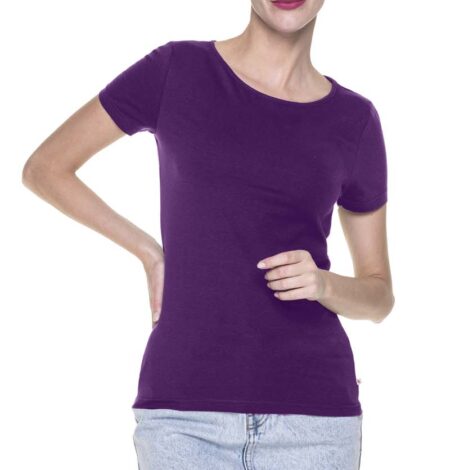
Index: 21603Sizes: xs, s, m, l, xl, x+Weight: 200 g/m²Fabric: 95% high quality combed cotton, 5% ...
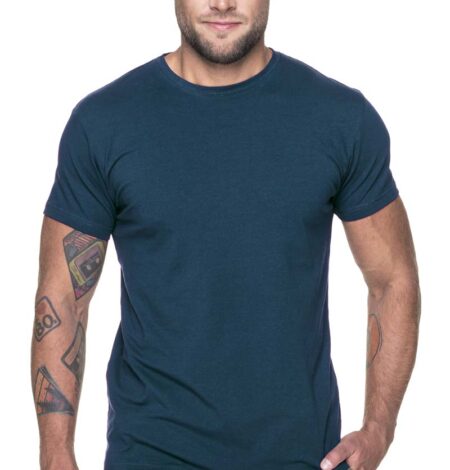
Index: 21600Sizes: s, m, l, xl, xxl, xxxlWeight: 200 g/m²Fabric: 95% high quality combed cotton, ...
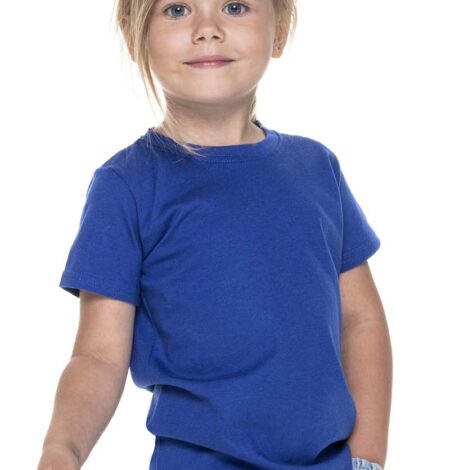
Index: 21159Sizes: 98*, 110*, 122, 132, 144, 156, 168Weight: 150 g/m²Fabric: 100% semicombed cotton ring-spun, colour ...
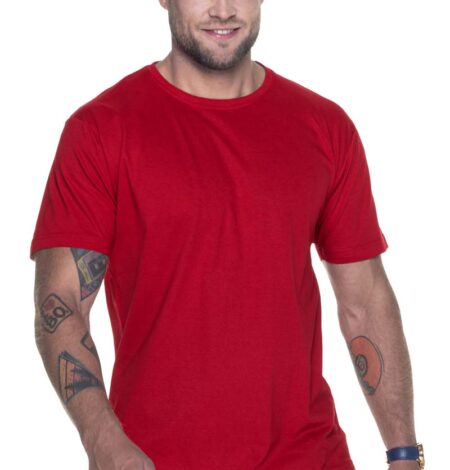
Index: 21150Sizes: s, m, l, xl, xxlWeight: 150 g/m²Fabric: 100% semicombed cotton ring-spunDescription: men’s short-sleeved t-shirt ...
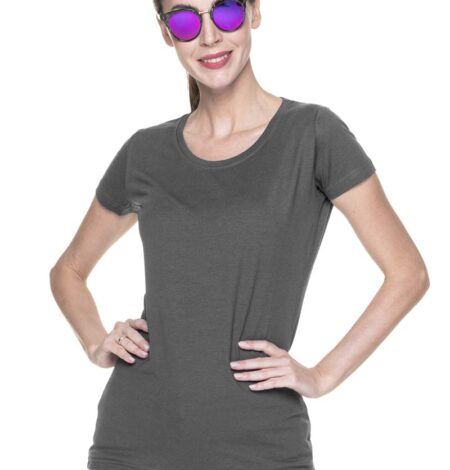
Index: 21187Sizes: xs, s, m, l, xl, xl+Weight: 190 g/m²Fabric: 100% semicombed cotton ring-spun; colour ...
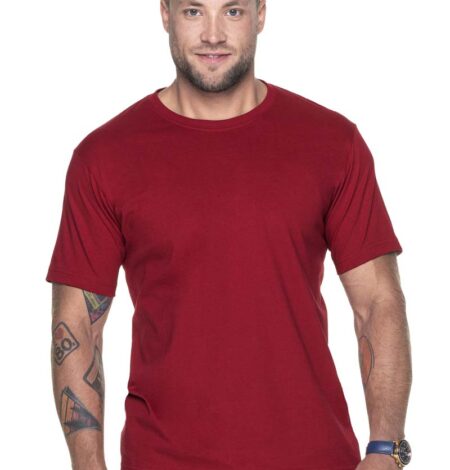
Index: 21185Sizes: s, m, l, xl, xxl, xxxlWeight: 190 g/m²Fabric: 100% semicombed cotton ring-spun, colour ...
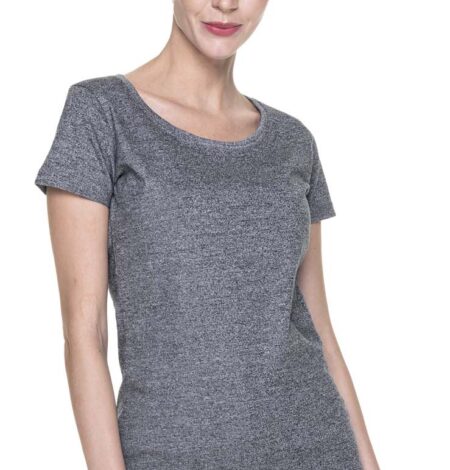
Index: 21203Sizes: xs, s, m, l, xl, xl+Weight:200 g/m²Fabric: 100% combed cotton ring-spun; colour 34: ...
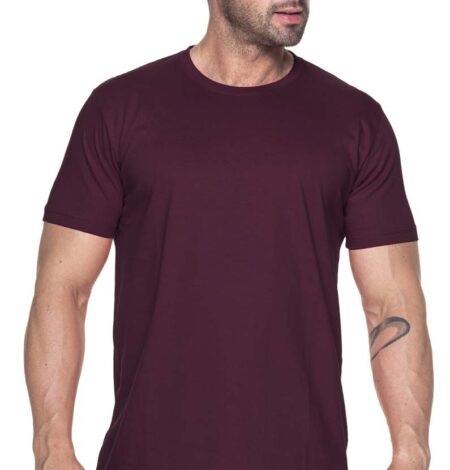
Index: 21204Sizes: s, m, l, xl, xxlWeight: 200 g/m²Fabric: 100% combed cotton ring-spun; colour 34: 90% ...
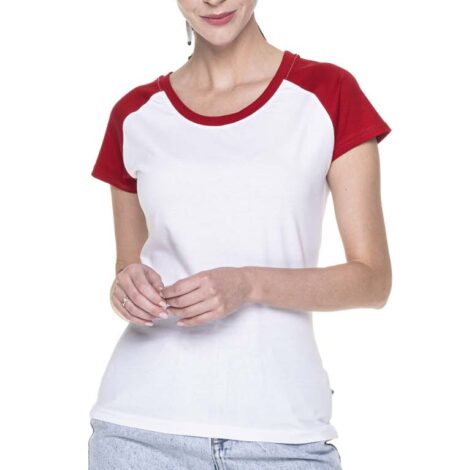
Index: 21173Sizes: xs, s, m, l, xl, xl+Weight: 175 g/m²Fabric: 100% combed cotton ring-spunDescription: women’s t-shirt ...
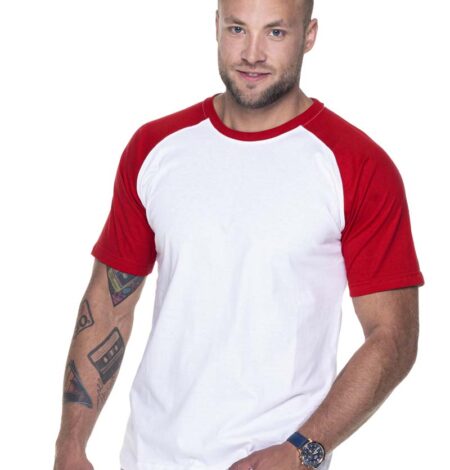
Index: 21170Sizes: s, m, l, xl, xxlWeight: 175 g/m²Fabric: 100% combed cottonDescription: men’s t-shirt with ...
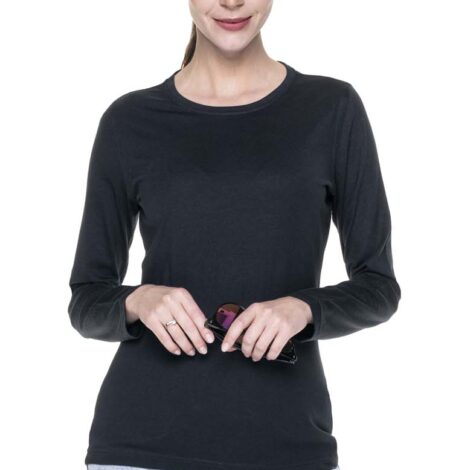
Index: 21403Sizes: xs, s, m, l, xl, xl+Weight: 175 g/m²Fabric: 100% combed cotton ring-spun; colour ...
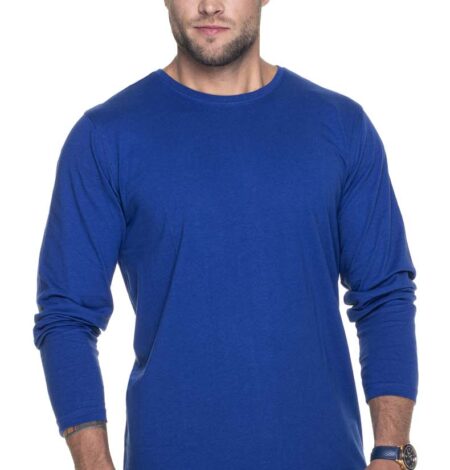
Index: 21400Sizes: s, m, l, xl, xxl, xxxl*Weight: 175 g/m²Fabric: 100% combed cotton ring-spun; colour ...
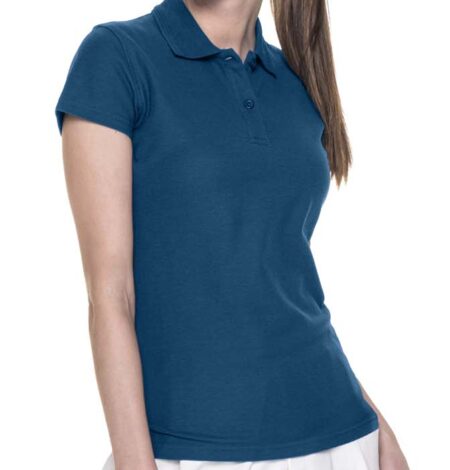
Index: 42195Sizes: xs, s, m, l, xl, xl+Weight: 200 g/m²Fabric: 90% combed cotton, 10% polyester; ...
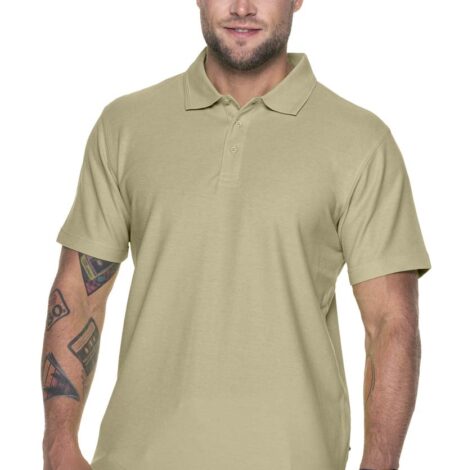
Index: 42250Sizes: s, m, l, xl, xxl, xxxl*Weight: 200 g/m²Fabric: 90% combed cotton, 10% polyester; ...
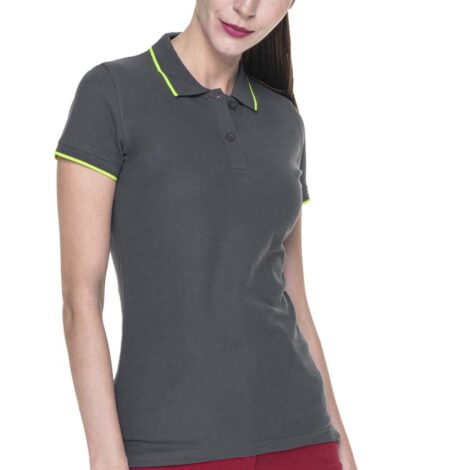
Index: 42283Sizes: xs, s, m, l, xl, xl+Weight: 200 g/m²Fabric: 90% combed cotton, 10% polyesterDescription: women’s ...
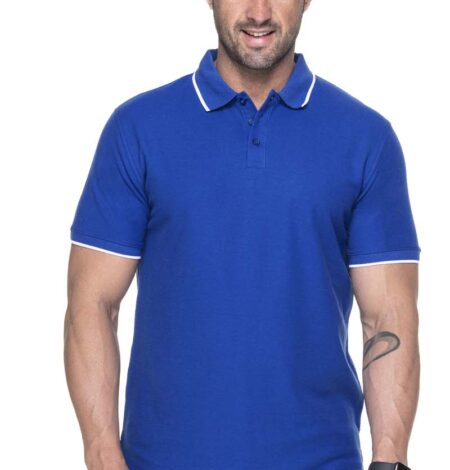
Index: 42280Sizes: s, m, l, xl, xxlWeight: 200 g/m²Fabric: 90% combed cotton, 10% polyesterDescription: men’s short-sleeved ...
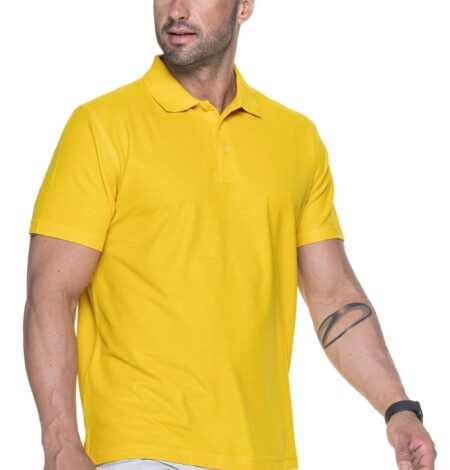
Index: 42176Sizes: xs, s, m, l, xl, xxlWeight: 175 g/m²Fabric: 65% polyester, 35% cottonDescription: men’s short-sleeved polo ...
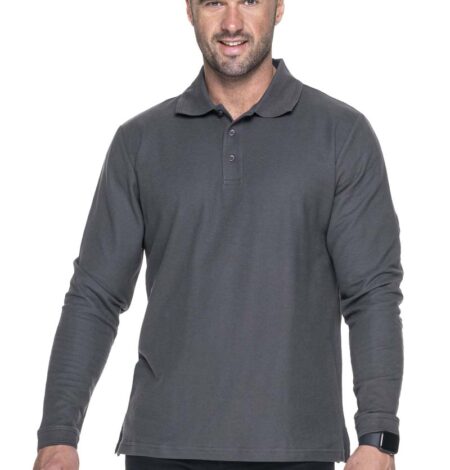
Index: 42350Sizes: s, m, l, xl, xxl, xxxl*Weight: 200 g/m²Fabric: 90% combed cotton, 10% polyesterDescription: men’s ...
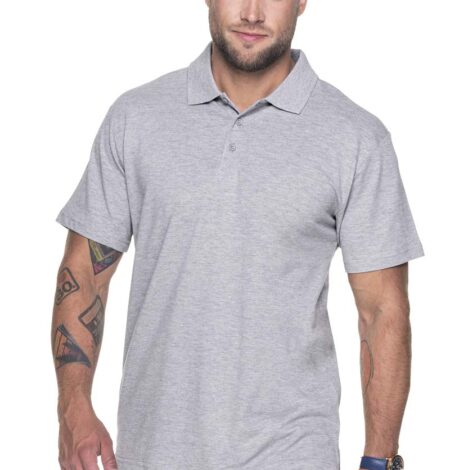
Index: 42180Sizes: s, m, l, xl, xxlWeight: 180 g/m²Fabric: 100% high quality combed cotton; colour ...
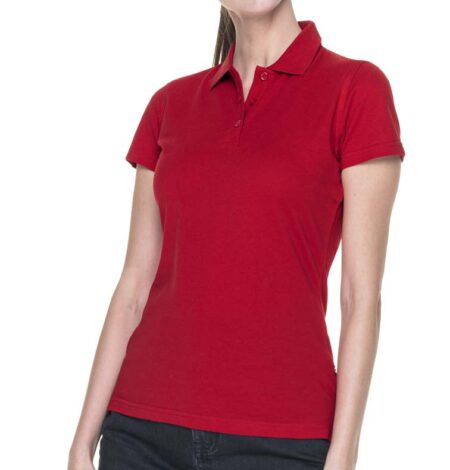
Index: 42183Sizes: xs, s, m, l, xl, xl+Weight: 180 g/m²Fabric: 100% high quality combed cotton; ...
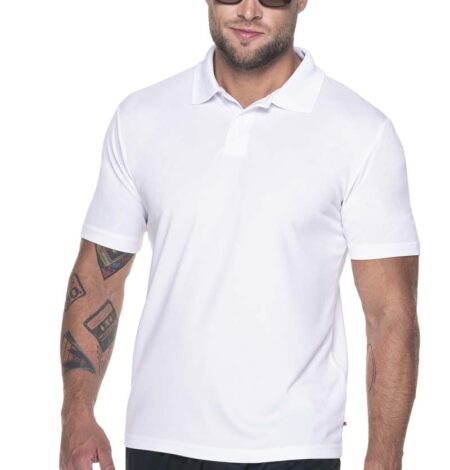
Index: 42150Sizes: xs, s, m, l, xl, xxlWeight: 140 g/m²Fabric: 100% polyesterDescription: men’s short-sleeved sport polo t-shirt; classic ...
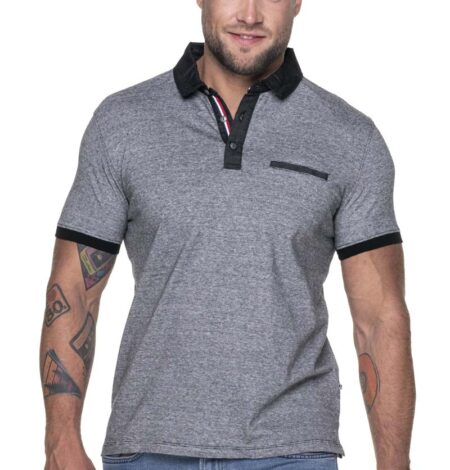
Index: 42290Sizes: s, m, l, xl, xxlWeight: 180 g/m²Fabric: 100% combed cottonDescription: men’s short-sleeved polo t-shirt ...
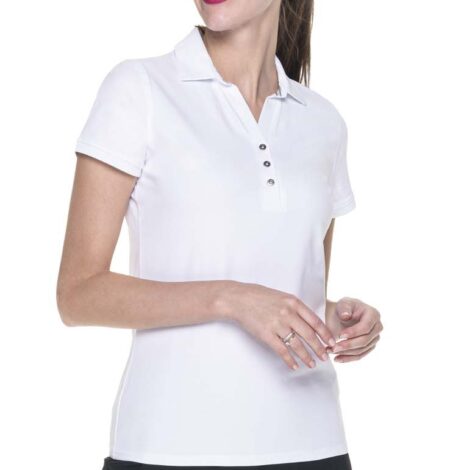
Index: 42273Sizes: xs, s, m, l, xl, xl+Weight: 210 g/m²Fabric: 95% cotton, 5% elasthan; colour ...
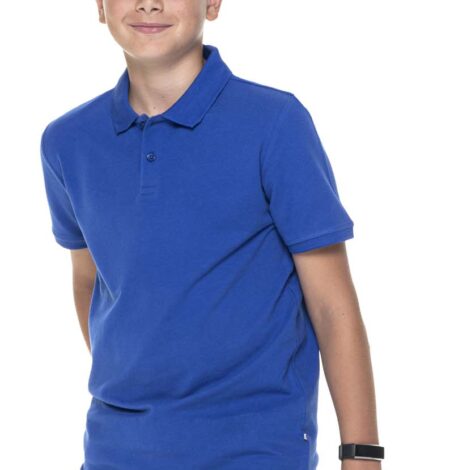
Index: 42189Sizes: 122, 132, 144, 156, 168Weight: 180 g/m²Fabric: 100% combed cottonDescription: children’s short-sleeved polo t-shirt ...
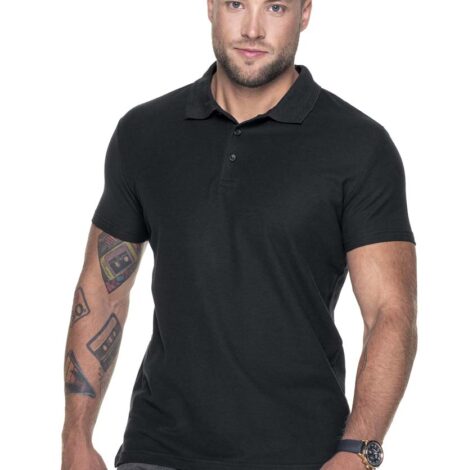
Index: 42254Sizes: s, m, l, xl, xxlWeight: 200 g/m²Fabric: 90% combed cotton, 10% polyesterDescription: men’s short-sleeved ...
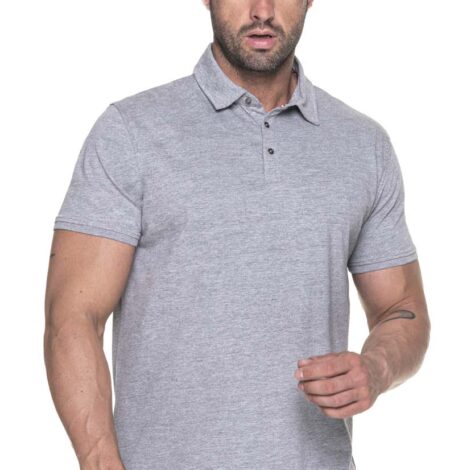
Index: 42271Sizes: s, m, l, xl, xxl, xxxlWeight: 240 g/m²Fabric: 90% combed cotton, 10% polyester; ...
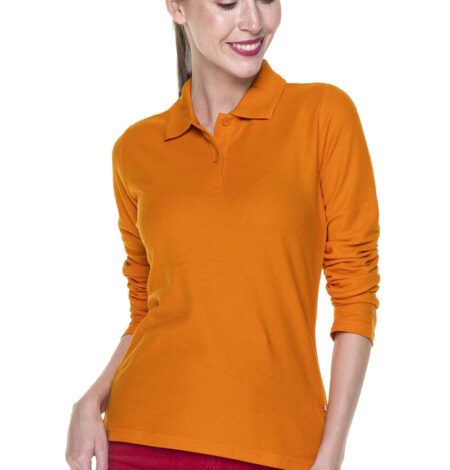
Index: 42353Sizes: xs, s, m, l, xl, xl+Weight: 200 g/m²Fabric: 90% combed cotton, 10% polyesterDescription: women’s long-sleeved polo ...
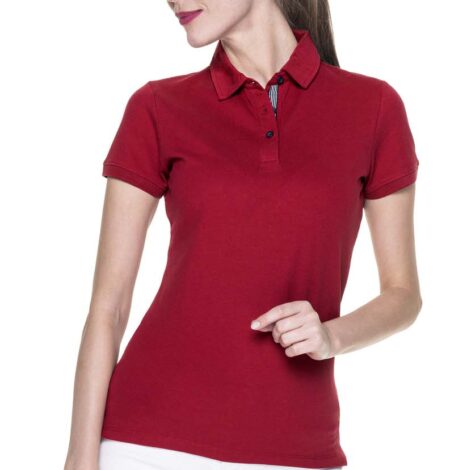
Index: 42323Sizes: xs, s, m, l, xl, xl+Weight: 190 g/m²Fabric: 95% combed cotton, 5% elasthanDescription: women’s short-sleeved polo t-shirt ...
T-shirt production is a fascinating story that dates back to the origins of clothing itself. From simple fabrics to modern designs and technologies, the history of t-shirts reflects changes in society, fashion, and technology. In this article, we explore the beginnings of garment manufacturing and the development of the t-shirt market as a key element of the fashion industry.
The history of clothing production begins in prehistoric times, when people used natural materials such as animal skins, furs, and plant fibers for protection against the elements. As civilizations evolved, these raw materials were transformed into more complex forms of clothing.
In ancient Egypt, Greece, and Rome, basic garments were made from wool, linen, and cotton. Early versions of shirts emerged during this time, often worn under tunics. In the Middle Ages, clothing became more diverse, and shirts were mainly used as undergarments. The invention of the loom in the 16th century made fabric production more efficient, allowing greater access to clothing.
The true development of the t-shirt market began in the 19th century during the Industrial Revolution, which transformed clothing manufacturing. The introduction of sewing machines enabled fast and efficient production of garments, including t-shirts. Mass production led to the popularization of t-shirts across various social classes.
In the 20th century, t-shirts became symbols of a casual lifestyle. After World War II, youth culture emerged, and printed t-shirts gained popularity among teenagers. In the 1960s and 70s, graphic t-shirts became a medium for political, social, and artistic expression. Artists and musicians also embraced t-shirts, reinforcing their role as a form of self-expression.
Another major milestone in t-shirt history was the development of printing techniques. Methods like screen printing and sublimation allowed for complex designs and artwork to be applied to t-shirts, attracting younger generations. In the 1980s and 90s, t-shirts became deeply embedded in pop culture, with band and movie logo shirts becoming especially desirable.
Today’s t-shirt market is diverse, offering styles ranging from classic basics to eco-friendly and personalized garments. With the rise of e-commerce, manufacturers can reach a broader customer base, driving further growth. Personalized t-shirts are now widely popular, allowing consumers to create unique, custom designs.
The history of t-shirt production is a story of evolution, innovation, and social change. From basic garments in antiquity to modern, expressive fashion pieces, t-shirts play a significant role in our daily lives. They are not only stylish wardrobe staples but also tools for expressing personality and beliefs. As the market continues to grow, t-shirts will remain a cultural and technological mirror for years to come.
T-shirts are one of the most universal and popular clothing items, worn in countless ways, styles, and situations. With a wide variety of materials, cuts, and prints, everyone can find something that suits them. In this article, we will look at four main types of t-shirts: cotton, sportswear, printed, and eco-friendly.
Cotton T-shirts are a timeless classic that never goes out of style. Made from natural fibers, they are comfortable, breathable, and soft to the touch. Cotton absorbs moisture well, making these shirts ideal for everyday use in both warm and cooler conditions.
Cotton T-shirts come in a variety of cuts – from standard loose fits to more tailored styles. They can be worn on their own or layered in more complex outfits. Thanks to their versatility, they are suitable for many occasions – from casual meetups to semi-formal outings.
Sports T-shirts are a specialized type of garment designed for physical activity. Made from synthetic materials such as polyester or elastane, they feature moisture-wicking properties that help keep you dry and comfortable during intense exercise.
These shirts often have a looser fit and elastic trims that provide freedom of movement. Sports T-shirts are ideal for running, cycling, fitness, and other active pursuits. Many models also include reflective elements for added safety during outdoor workouts in low-light conditions.
Printed T-shirts have become a popular form of self-expression. They can feature various graphics, slogans, photos, or artistic designs, allowing everyone to find something that suits their style and personality. They are often used to convey messages, support social causes, or serve as marketing tools for companies and organizations.
You can wear them daily, to concerts, festivals, or other events where you want to express yourself. Printed T-shirts are also favored by artists, and their unique designs are often considered part of street art culture.
As environmental awareness grows, eco-friendly T-shirts are gaining popularity. Made from organic materials such as organic cotton, linen, or recycled fabrics, they are sustainable and environmentally conscious choices.
These shirts not only reduce environmental impact but are also often high-quality and durable. Eco-conscious brands focus on ethical production, attracting consumers who value sustainability. Eco T-shirts come in various styles and colors, making them a great option for everyday wear.
Types of T-shirts such as cotton, sports, printed, and eco-friendly reflect the diversity of needs and tastes of modern consumers. Each type has its unique features, making T-shirts an indispensable part of our wardrobes. Regardless of the occasion or lifestyle, T-shirts offer not only comfort but also versatility and self-expression.
T-shirt production is a complex process that requires precision at every stage. As a t-shirt manufacturer, it is essential that every element is carried out with the utmost care to ensure high final product quality. Here are the key stages that make up the production of T-shirts:

The first step taken by the T-shirt manufacturer is selecting appropriate materials. The quality of a T-shirt largely depends on the fabric used. Available materials include cotton, polyester, and various blends. The manufacturer should carefully consider breathability, durability, and comfort. High-quality fabric is the foundation of customer satisfaction.
The next stage is the design phase. T-shirt manufacturers collaborate with designers who create unique patterns and graphics. At this stage, it is crucial to consider current trends and market preferences. Offering styles from classic to modern allows the brand to reach a wide audience. A well-designed T-shirt is key to its success in the market.
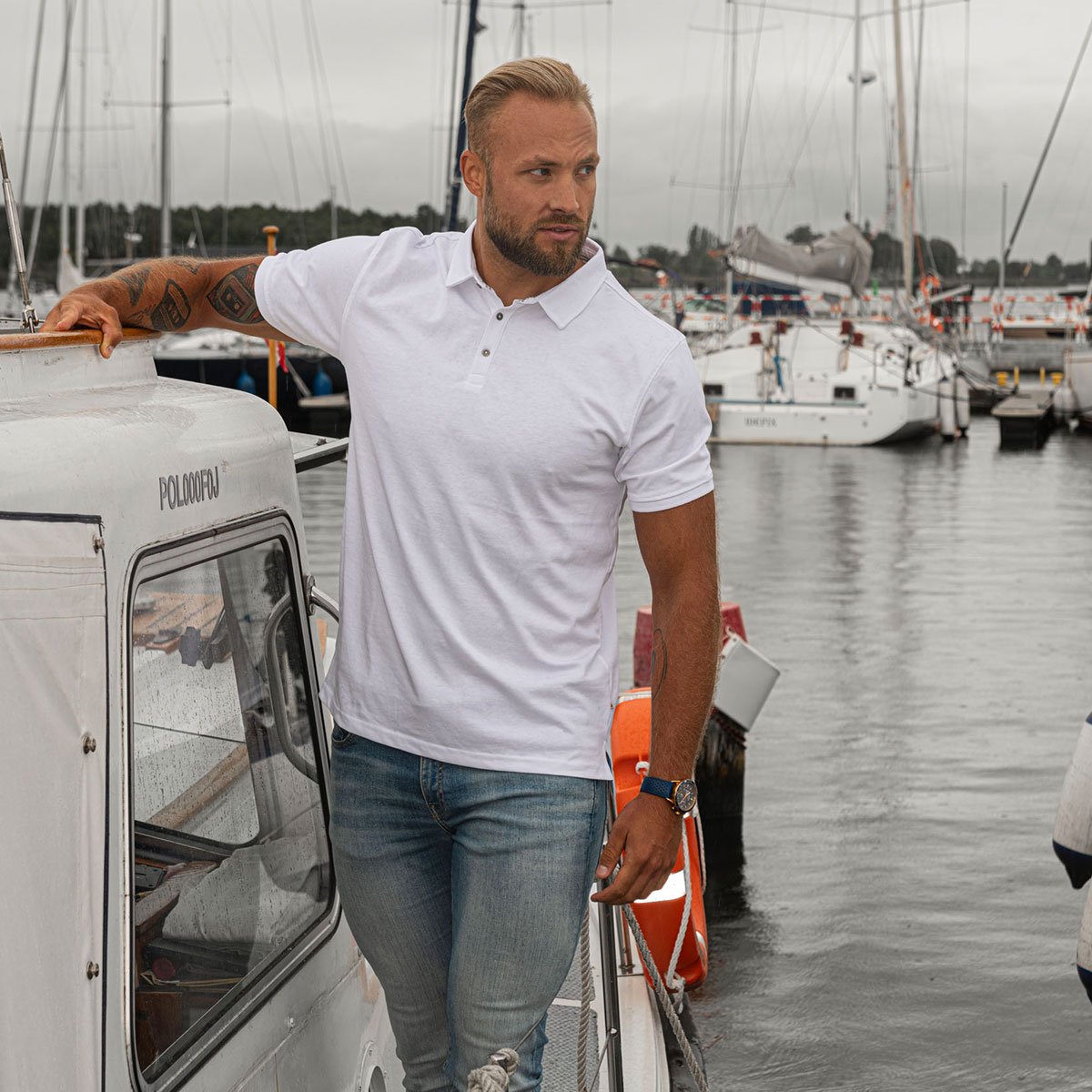
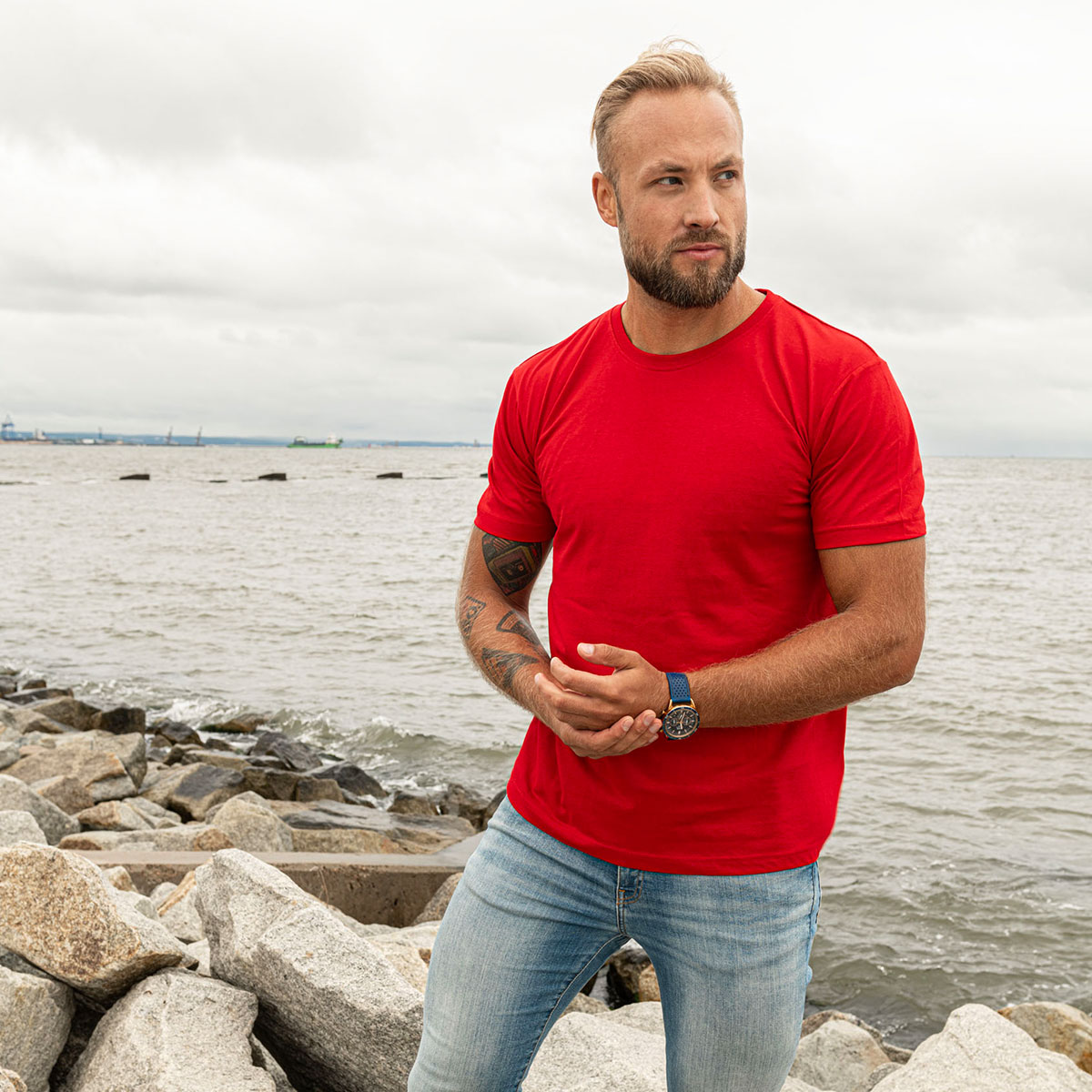
During production, designs become reality. T-shirt manufacturers use modern technologies and sewing machines to ensure precision and efficiency. Quality control is a vital step and should be implemented throughout the process. Detailed inspections ensure that each T-shirt meets the highest quality standards. The result is a product that is both durable and visually appealing.
Producing T-shirts is a demanding process that requires expertise and attention to detail. Investing in quality materials, thoughtful design, and thorough quality control allows manufacturers to gain customer trust and establish a strong brand in the apparel market.
T-shirt fashion is a rapidly evolving sector of the clothing industry, constantly responding to shifting tastes and consumer needs. In recent years, there has been increased interest in diverse patterns, colors, and bold graphics. Here are some key trends currently dominating T-shirt fashion:
In recent seasons, a wide range of patterns and colors have come to the forefront, giving T-shirts a unique character. The T-shirt manufacturer recognizes the growing demand for both classic and modern designs.
In terms of colors, T-shirt manufacturers tailor their offerings to current trends. Spring and summer collections are dominated by bright and vibrant shades like yellow, pink, and mint. In contrast, autumn and winter collections feature earthy tones, burgundy, and deep navy. Pastel colors also remain in demand, giving T-shirts a soft and fresh appearance.
Graphic and slogan T-shirts have become an integral part of street culture. Manufacturers see enormous potential in this category, resulting in a wide variety of available styles.
T-shirts with graphics often feature illustrations that reflect the personality of the wearer. Popular themes include pop culture, music, film, and art. These prints draw attention and serve as a form of personal expression. With digital printing technology, manufacturers can produce highly detailed and colorful graphics, increasing their appeal.
Slogan T-shirts are another trend that continues to grow in popularity. The messages may be humorous, provocative, or inspirational, allowing the wearer to express opinions or a sense of humor. Often, slogans are related to current social issues, making them timely and engaging.
Fashion trends in the T-shirt world are constantly evolving to meet consumer preferences. Popular patterns, colors, and slogan/graphic tees create a diverse and inspiring market where everyone can find something unique. T-shirt manufacturers who follow these trends have the opportunity to create standout products that meet expectations and stand out in a competitive market.
The apparel industry — and particularly the T-shirt segment — is undergoing dynamic transformation, driven by technological innovation and shifting consumer needs. With global trends like sustainability and personalization in focus, the future looks bright for T-shirt manufacturers. Below are key factors that will shape the development of this market:
One of the most significant directions in the clothing industry is the implementation of 3D printing technology. It enables T-shirt manufacturers to create unique designs and models fully tailored to individual customer needs. Personalization is becoming a key trend, as consumers increasingly seek products that reflect their personality.
Technological innovations also involve sustainable development. T-shirt producers are increasingly turning to eco-friendly materials and manufacturing processes that reduce water and energy consumption. Techniques such as natural dyeing and material recycling are becoming industry standards. In the future, brands investing in sustainable solutions will gain a competitive edge, as consumers grow more aware of the environmental impact of their choices.
The development of automation and the use of artificial intelligence in production is another important trend. Automation increases efficiency, reduces costs, and streamlines processes. AI can be used for market data analysis, allowing manufacturers to better adapt their offerings to customer needs and forecast trends.
As online shopping continues to rise, the T-shirt manufacturing market is set to benefit from the growth of e-commerce. We can expect further expansion of sales platforms and innovative tools such as virtual fitting rooms, which will help customers better match products to their body types.
Consumers are becoming more demanding, which influences the market’s development. In the future, T-shirt manufacturers must adapt to evolving tastes, preferences, and customer values. Authenticity, transparency, and ethics are gaining importance, and brands that can deliver on these expectations will win customer loyalty.
The future of T-shirt manufacturing also involves navigating the challenges of globalization. On one hand, global markets offer broader access to customers worldwide. On the other, local brands can gain traction by offering unique products that reflect local culture and identity.
The future of T-shirt manufacturing looks bright, driven by technological innovations and rising consumer expectations. Manufacturers who invest in personalization, sustainability, and forward-thinking solutions will undoubtedly gain a competitive advantage. As the clothing industry continues to evolve, success will depend on making decisions that align with both consumer needs and environmental responsibility.
Zapraszamy do zapoznania się z wyjątkową ofertą producenta koszulek Promostars! Jeśli szukasz doskonałej jakości, modnych wzorów i szerokiej gamy kolorów, to Promostars jest idealnym wyborem dla Ciebie. Nasze koszulki łączą w sobie nowoczesny design oraz komfort noszenia, spełniając oczekiwania zarówno indywidualnych klientów, jak i firm poszukujących odzieży reklamowej.
Oferujemy innowacyjne rozwiązania, które pozwalają na personalizację produktów, dzięki czemu możesz stworzyć unikalne koszulki, które wyróżnią Cię na tle konkurencji. Nasze zrównoważone podejście do produkcji oraz wykorzystanie ekologicznych materiałów sprawiają, że możesz cieszyć się modą, dbając jednocześnie o środowisko.
Nie czekaj! Odkryj bogaty asortyment koszulek, które idealnie wpasują się w Twoje potrzeby. Promostars to jakość, styl i innowacja – przekonaj się sam, dlaczego warto nam zaufać!

The Guard fleece by Mark the Helper is a classic, thick fleece designed for universal …
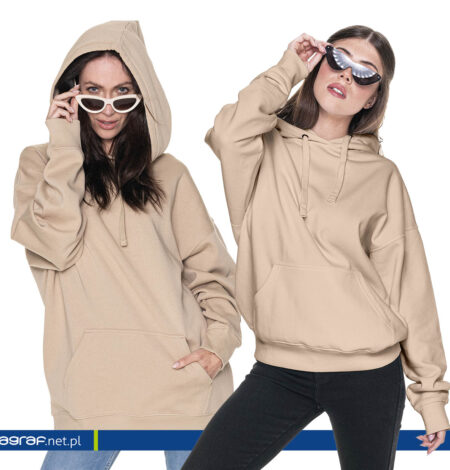
760, a shade very similar to the already known 76 (beige latte). It’s an elegant, …
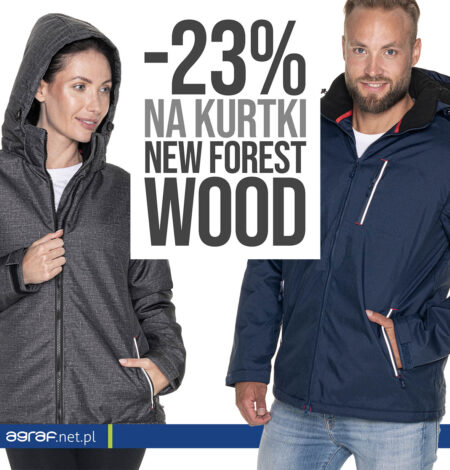
Promotion Rules 23% OFF New Forest & Wood Jackets1. The promotion consists in receiving 23% …

Now is the perfect time to stock up on warm, comfortable sweatshirts! As part of …



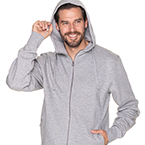
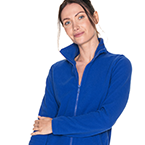
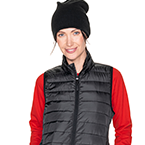

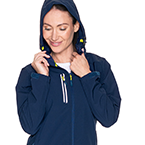
LPP Printable focuses on sustainability and adapting to customer needs. LPP Printable is a group of clothing brands that specializes in work and promotional clothing.
Promostars is a brand specializing in the production of promotional and advertising clothing. The brand emphasizes quality, diversity, and product availability.
Crimson Cut is a brand that specializes in the production of streetwear and trendy clothing, often combining modern design with classic elements.
Mark The Helper is a clothing brand that focuses on creating functional workwear. The brand places a strong emphasis on the quality of materials.
Geffer is a clothing brand that specializes in the production of modern and functional apparel, often in casual and sporty styles.
